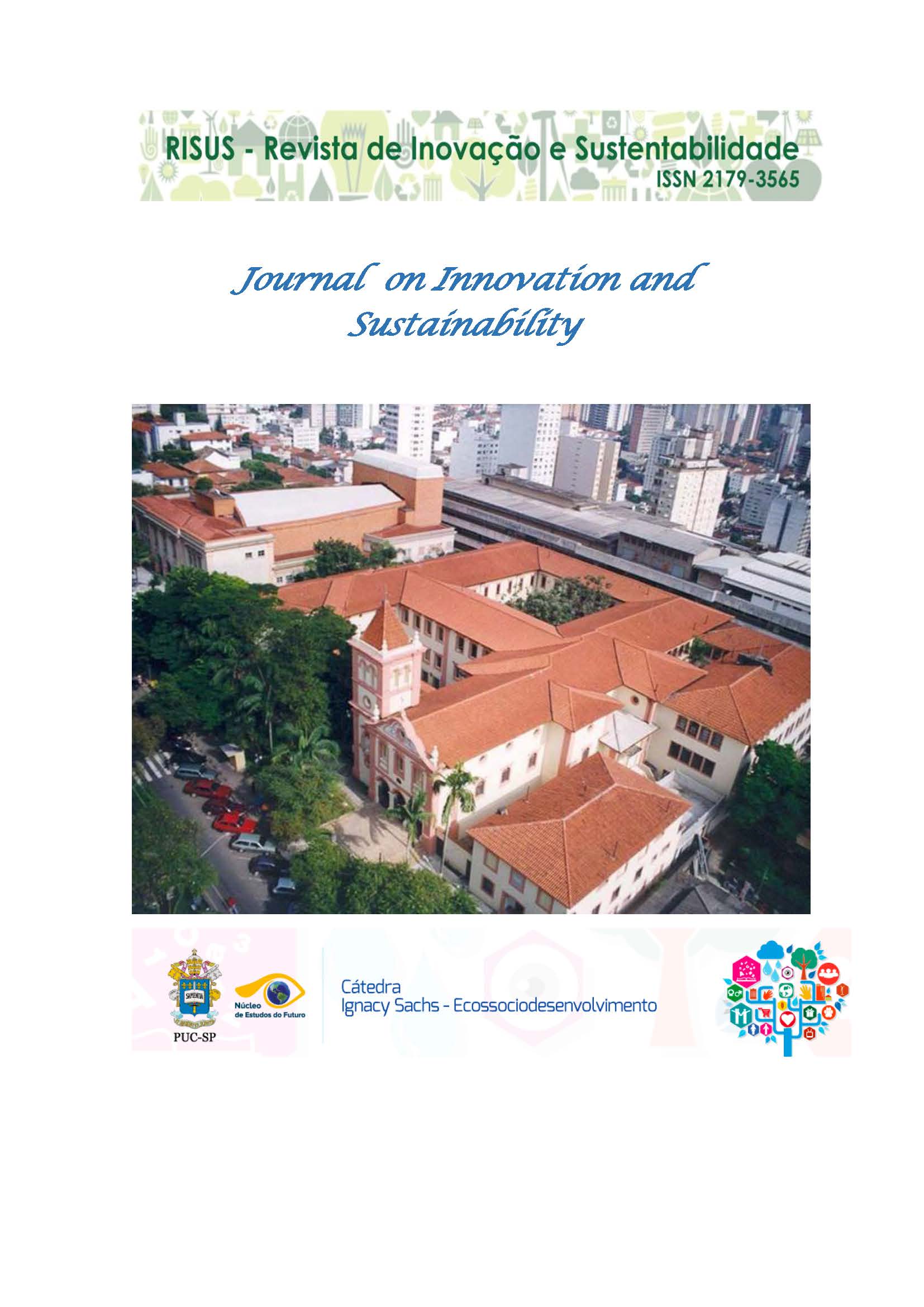Re-skilling for the future
an innovative approach in the nigerian adult education for sustainable development in the era of automation
DOI:
https://doi.org/10.23925/2179-3565.2025v16i1p04-17Keywords:
Re-skilling, Future, Innovative approach, Nigerian, Adult education, Sustainable development, AutomationAbstract
The rapid advancements in automation and technology have significantly transformed the job landscape in Nigeria, creating an urgent need for innovative approaches to adult education. This paper "Re-skilling for the Future: An Innovative Approach in Nigerian Adult Education for Sustainable Development in the Era of Automation" investigates the urgent need for re-skilling among adults in Nigeria due to the rapid advancements in automation and technology. The study focuses on a population of adult learners, utilizing a sample size of 256 individuals across various regions in Nigeria. The research addressed four primary questions related to skill gaps, challenges in Implementing Re-skilling Programs, barriers to education, and the effectiveness of current adult education programs. Data was analyzed using structured surveys and focus group discussions, with statistical tools such as Cronbach's alpha for reliability testing, yielding a reliability coefficient of 0.85. The findings revealed a significant skills gap among Nigerian adults, with deficiencies in digital literacy, technical skills, and soft skills. Barriers such as economic hardship, limited access to quality educational resources, and cultural perceptions further exacerbate the challenges faced by adult learners in accessing re-skilling opportunities. The study highlighted the crucial role of adult education facilitators in aligning training programs with labor market demands, fostering a culture of lifelong learning, and leveraging technology to improve access and engagement. Learner-centric and flexible learning approaches were identified as essential in empowering adult learners and preparing them for the changing job landscape. Three key findings emerged from the study: 1) the urgent need to address the skills gap through collaborative efforts between educational institutions, government, and the private sector; 2) the importance of integrating technology-enabled learning methods to enhance access and flexibility for adult learners; and 3) the critical role of adult education facilitators in designing and implementing learner-centric programs that respond to the evolving workforce demands .Based on these findings, the study recommends the development of comprehensive policies to support adult re-skilling, the expansion of technology-enhanced learning platforms, and the investment in the professional development of adult education facilitators.
References
Baker, J. (2018). Innovative Adult Learning: Strategies for Success. Adult Education Journal.
Brynjolfsson, E., McAfee, A. (2014). The Second Machine Age: Work, Progress, and Prosperity in a Time of Brilliant Technologies. W.W. Norton & Company.
Frey, C. B., Osborne, M. A. (2017). The future of employment: How susceptible are jobs to computerization? Technological Forecasting and Social Change, 114, 254-280.
International Labour Organization. (2019). Skills and the Future of Work: Strategies for a Global Workforce. ILO Publications.
Katz, L. F., Krueger, A. B. (2019). The role of technology in the future of work. NBER Working Paper, No. 24798.
Knowles, M. S. (1980). The Modern Practice of Adult Education: Andragogy Versus Pedagogy. Association Press.
McKinsey Global Institute. (2017). A Future That Works: Automation, Employment, and Productivity. McKinsey & Company.
Mezirow, J. (1991). Transformative dimensions of adult learning. Jossey-Bass Publishers.
National Bureau of Statistics. (2020). Nigerian Economic Report. NBS Publications.
Ogunyemi, B. (2014). Adult education in Nigeria: An overview. Nigerian Journal of Adult Education, 1(1), 1-15.
United Nations. (2015). Transforming our world: The 2030 agenda for sustainable development. UN General Assembly.
World Economic Forum. (2020). The Future of Jobs Report 2020. World Economic Forum

Downloads
Published
Issue
Section
License
This Journal is licensed under a Creative Commons Attribution-Non Commercial-No Derivers 4.0 International license.
1.The author (s) authorize the publication of the article in the journal;
2.The author (s) warrant that the contribution is original and unpublished and is not in the process of being evaluated in other journal (s);
3. The journal is not responsible for the opinions, ideas and concepts emitted in the texts, as they are the sole responsibility of its author (s);
4. The editors are entitled to make textual adjustments and to adapt the articles to the standards of publication.

